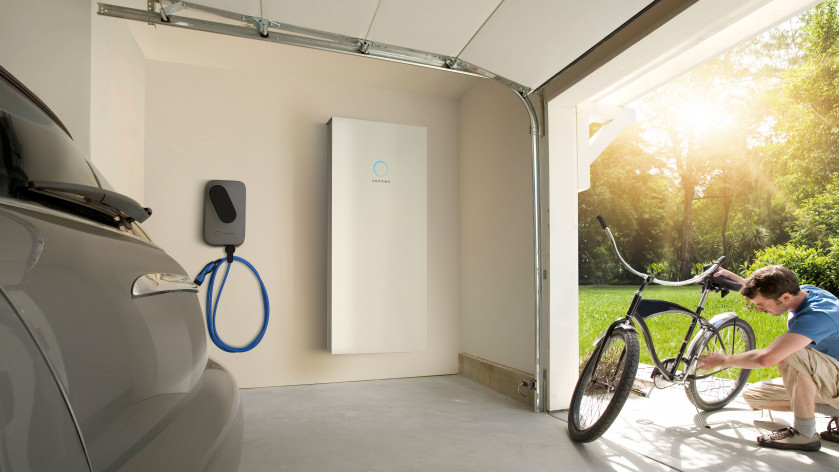The Queensland government has announced changes to legislation that will allow for the creation of the Battery Booster Rebate Scheme that will pay up to $4,000 to homeowners who want to install batteries alongside new or existing rooftop solar systems with a capacity of 5 kW or more.
The explanatory notes that accompany the new regulation estimates that the up-front cost of a battery system in Queensland is more than $9,000, which can be considered “uneconomic for most consumers.”
“While solar costs have come down considerably over the past decade, access to capital to purchase a solar battery remains a barrier for lower-income households,” the regulation reads.
“The purpose of assistance under the scheme is to give individual owners of residential premises a rebate to offset the cost of having an approved battery system suitably installed at the premises.”
While the government is yet to announce when the Battery Booster Rebate Scheme will commence, Queensland Energy Minister Mick de Brenni told the ABC that it is due to begin next year.
“Part of our revolutionary Queensland Energy and Jobs Plan is the development of a new household program, including support for batteries, to further support Queenslanders manage their electricity bills and usage,” he said. “Our Battery Booster Rebate Scheme is designed to do that.”
The new household battery rebate scheme is targeted at households with a combined taxable income of less than $180,000 a year. Households with an income less than $66,667 per annum can access a rebate of $4000, while those that earn above that threshold will be eligible for a $3,000 payment.
Up to 4,000 households are projected to benefit from the program with the explanatory notes indicating the Queensland and federal governments have each allocated $12 million to the scheme over two years.
The move has been welcomed by Queensland Conservation Council campaigner Stephanie Gray, who said supporting the greater uptake of household battery storage is a forward-looking initiative that will play a pivotal role in the deployment of renewables.
“We’ve seen Queensland’s coal-fired power stations become less and less reliable as they get older,” she said. “Increasing the uptake of batteries, including household, community and network batteries, increases the resilience of our energy system and will help keep the lights on. Batteries can react with lightning speed to plug gaps in our electricity supply.”
This content is protected by copyright and may not be reused. If you want to cooperate with us and would like to reuse some of our content, please contact: editors@pv-magazine.com.









By submitting this form you agree to pv magazine using your data for the purposes of publishing your comment.
Your personal data will only be disclosed or otherwise transmitted to third parties for the purposes of spam filtering or if this is necessary for technical maintenance of the website. Any other transfer to third parties will not take place unless this is justified on the basis of applicable data protection regulations or if pv magazine is legally obliged to do so.
You may revoke this consent at any time with effect for the future, in which case your personal data will be deleted immediately. Otherwise, your data will be deleted if pv magazine has processed your request or the purpose of data storage is fulfilled.
Further information on data privacy can be found in our Data Protection Policy.